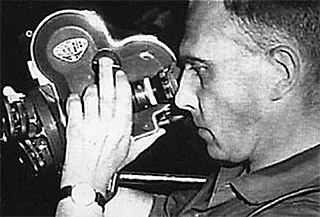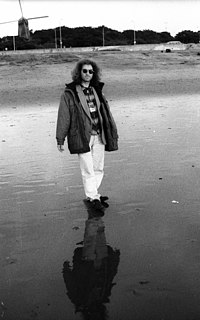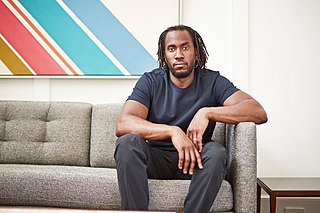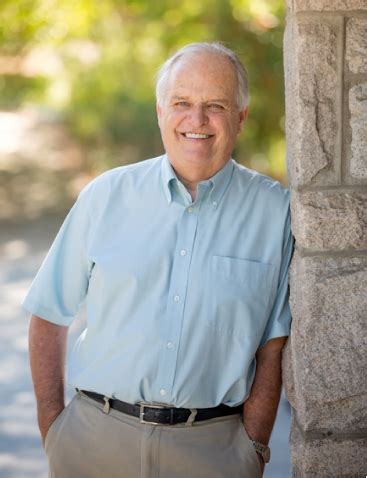A Quote by Chris Marker
I will have spent my life trying to understand the function of remembering, which is not the opposite of forgetting, but rather its lining. We do not remember. We rewrite memory much as history is rewritten. How can one remember thirst?
Related Quotes
in time of daffodils(who know the goal of living is to grow) forgetting why,remember how in time of lilacs who proclaim the aim of waking is to dream, remember so(forgetting seem) in time of roses(who amaze our now and here with paradise) forgetting if,remember yes in time of all sweet things beyond whatever mind may comprehend, remember seek(forgetting find) and in a mystery to be (when time from time shall set us free) forgetting me,remember me
What made losing someone you loved bearable was not remembering but forgetting. Forgetting small things first... it's amazing how much you could forget, and everything you forgot made that person less alive inside you until you could finally endure it. After more time passed you could let yourself remember, even want to remember. But even then what you felt those first days could return and remind you the grief was still there, like old barbed wire embedded in a tree's heartwood.
Forgiveness is a selective remembering. It is a conscious choice to focus on someone's innocence instead of his or her mistakes...This serves *you*...Your body was not created to bear the burden of your overattachment to it, but was created as a container for the light of your spirit. It will more easily remember how to function perfectly when you remember the perfection in everyone.
I believe that God will help us to forget things, the memory of which would do us harm, or rather that He will enable us to remember only so much of them as will be for our good, and we, ourselves, not emotionally overwhelmed. The pain endured. The lesson learned. Let it now be forgotten! Face the future with courage, cheerfulness, and hope. Give God the chance and He will make you forget all that it would be harmful to remember.
It's so necessary to try and record the cultural memory of people. To set it down for generations to come. To better understand where we are headed. The problem is, a good portion of what we choose to remember is about willed forgetting. Which we all do, I believe, to protect ourselves from what is too difficult.
It seems to me, that this, too, is how memory works. What we remember of what was done to us shapes our view, molds us, sets our stance. But what we remember is past, it no longer exists, and yet we hold on to it, live by it, surrender so much control to it. What do we become when we put down the scripts written by history and memory, when each person before us can be seen free of the cultural or personal narrative we've inherited or devised? When we, ourselves, can taste that freedom.
No doubt Carlyle has a propensity to exaggerate the heroic in history, that is, he creates you an ideal hero rather than another thing.... Yet what were history if he did not exaggerate it? How comes it that history never has to wait for facts, but for a man to write it? The ages may go on forgetting the facts never so long, he can remember two for every one forgotten. The musty records of history, like the catacombs, contain the perishable remains, but only in the breast of genius are embalmed the souls of heroes.
Some people say they use images to help them remember intricacies. Others say they just remember. If they are able to form an image of the face, it is because they remember how it was: it is not that an image guides memory, but that memory produces an image, or the sense of imaging. We have no agreed way to talk clearly about such things.






































